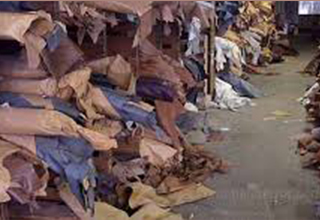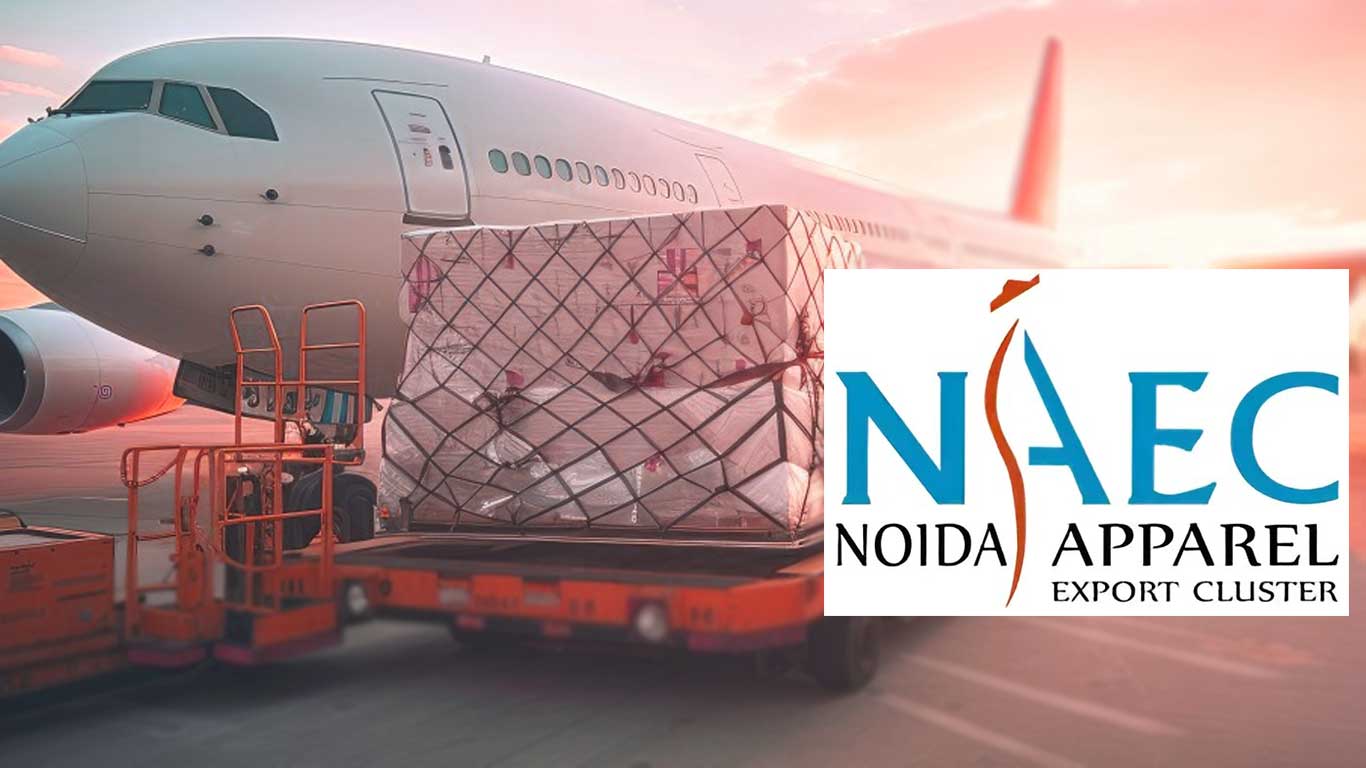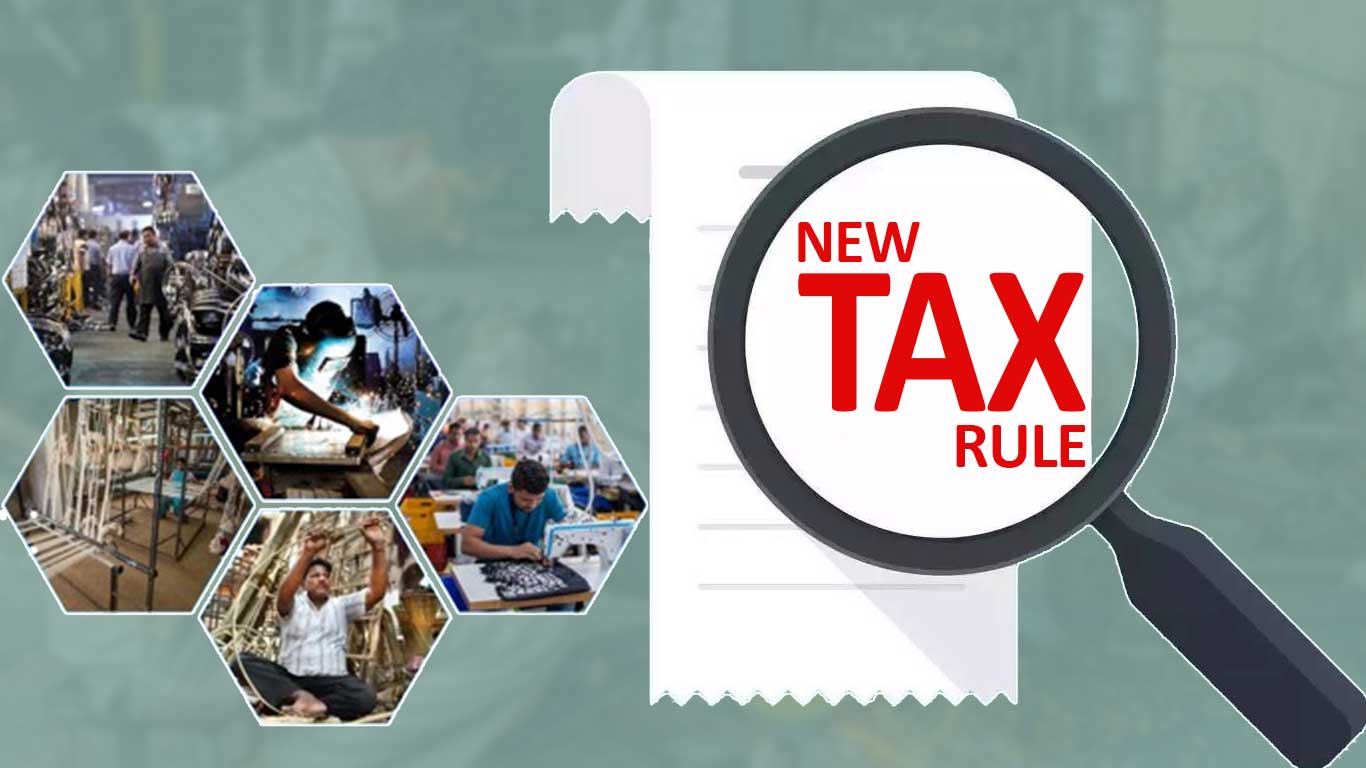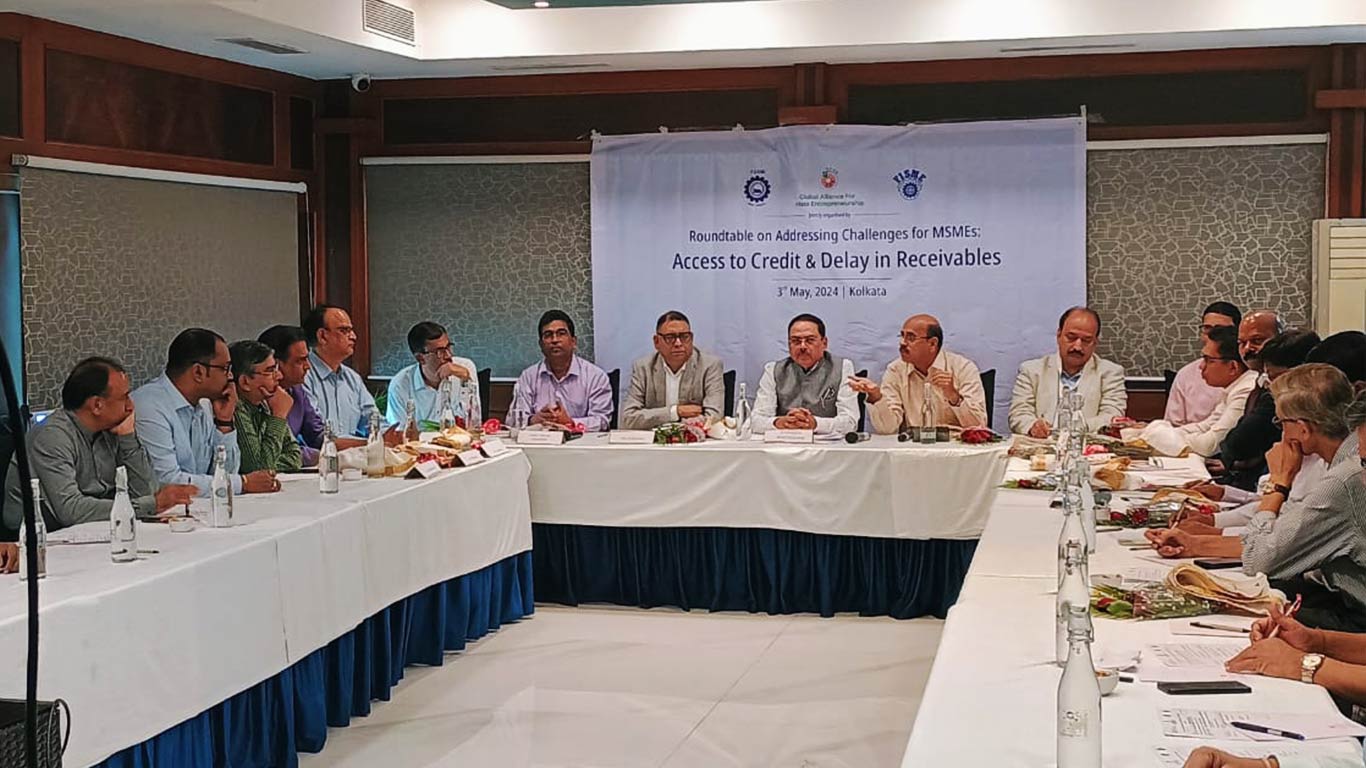Jalandhar leather industry in dying state due to lack of treatment plants
Updated: Dec 24, 2015 03:56:24pm

The leather units in the city have not been working to its full potential pertaining to the less number of effluent treatment plants. Almost 50 per cent of the total leather units have been hit and are said to be ‘non-functional’ due to this.
The lone effluent water treatment plant in the leather industry with capacity 5.50 Millions of Liters per Day (MLD) has not been showing the proper results. Prior to this 1.50 MLD treatment plant was setup for the effluent water treatment that has been laid defunct for past many years.
Crying about the dying state of the leather industry in the city, Romi, Director of Jalandhar Leather India Private Limited, told KNN that, “The restrictions imposed by the Punjab Pollution Control Board (PPCB) are one of the major reasons for the falling industry.”
“The lack of effluent water treatment plants and their improper functioning had led the PPCB to take the decision,” he said adding that the industry has been demanding from the government for establishing more treatment plants here.
“We are looking forward to the government to provide funds for establishing new water treatment plants in order to revive the industry,” Romi said.
Another MSME entrepreneur, Rahul Chauhan from Serin Exports, opined that, “The major reasons behind the collapse of the industry are the policy issues of the government. A more clear and supportive set of policies are required for the industry to survive.”
Meanwhile, the entrepreneurs also said that “There has been a worldwide recession which has been contributing to the slowdown of the industry. There is also a shortage of raw materials for the industry these days which has further worsened the situation.”
Annual international orders, which were worth Rs 850 crore two years ago, have come down to Rs 300 crore this year. (KNN Bureau)











